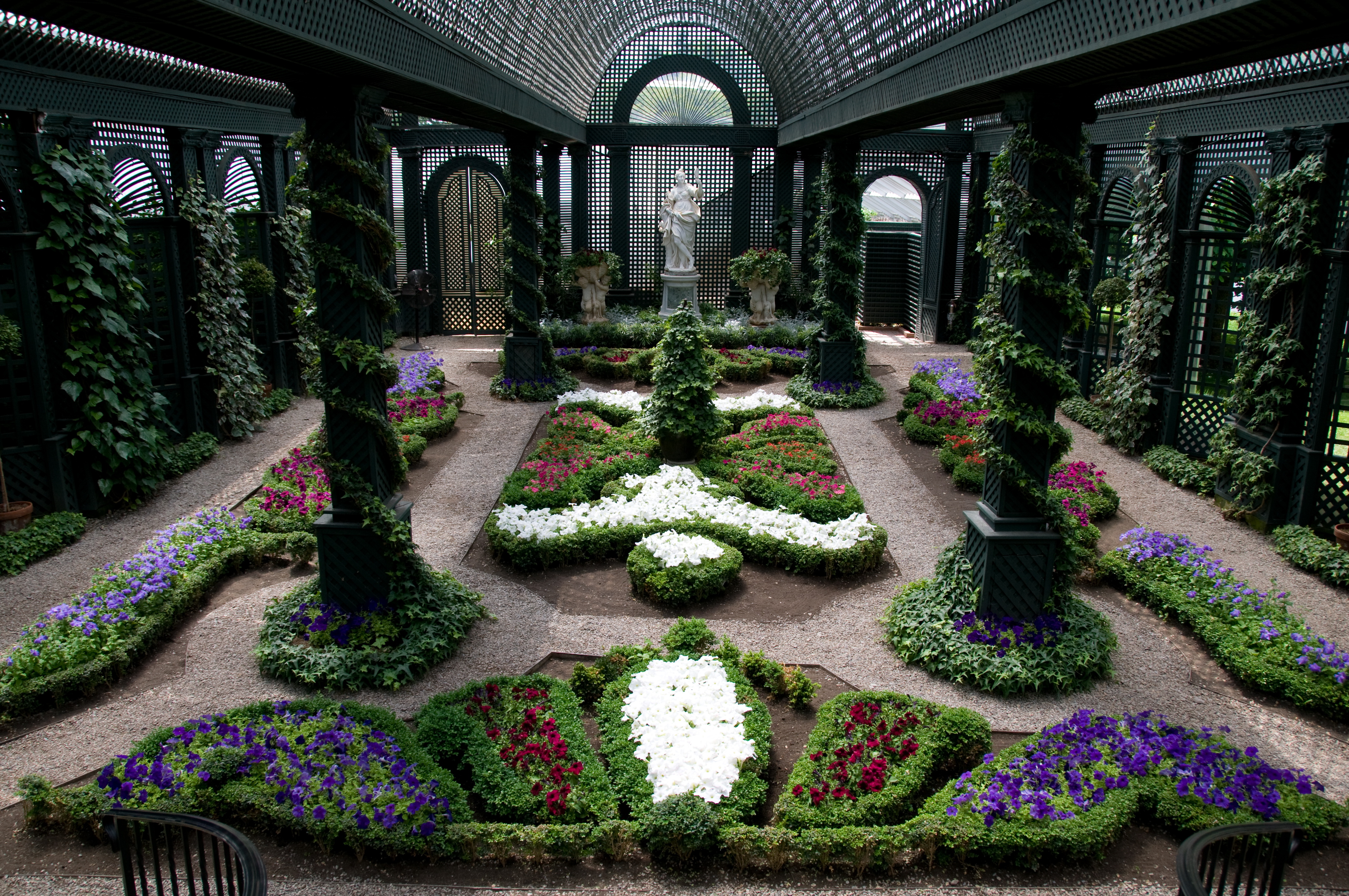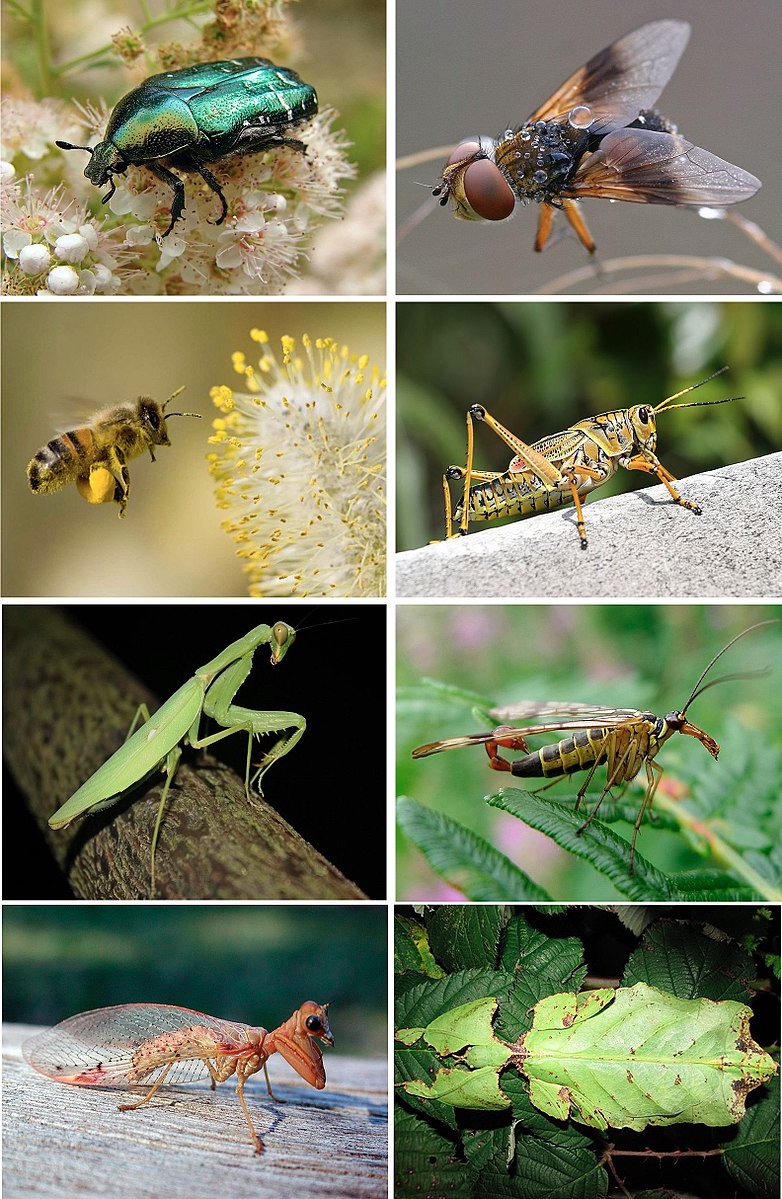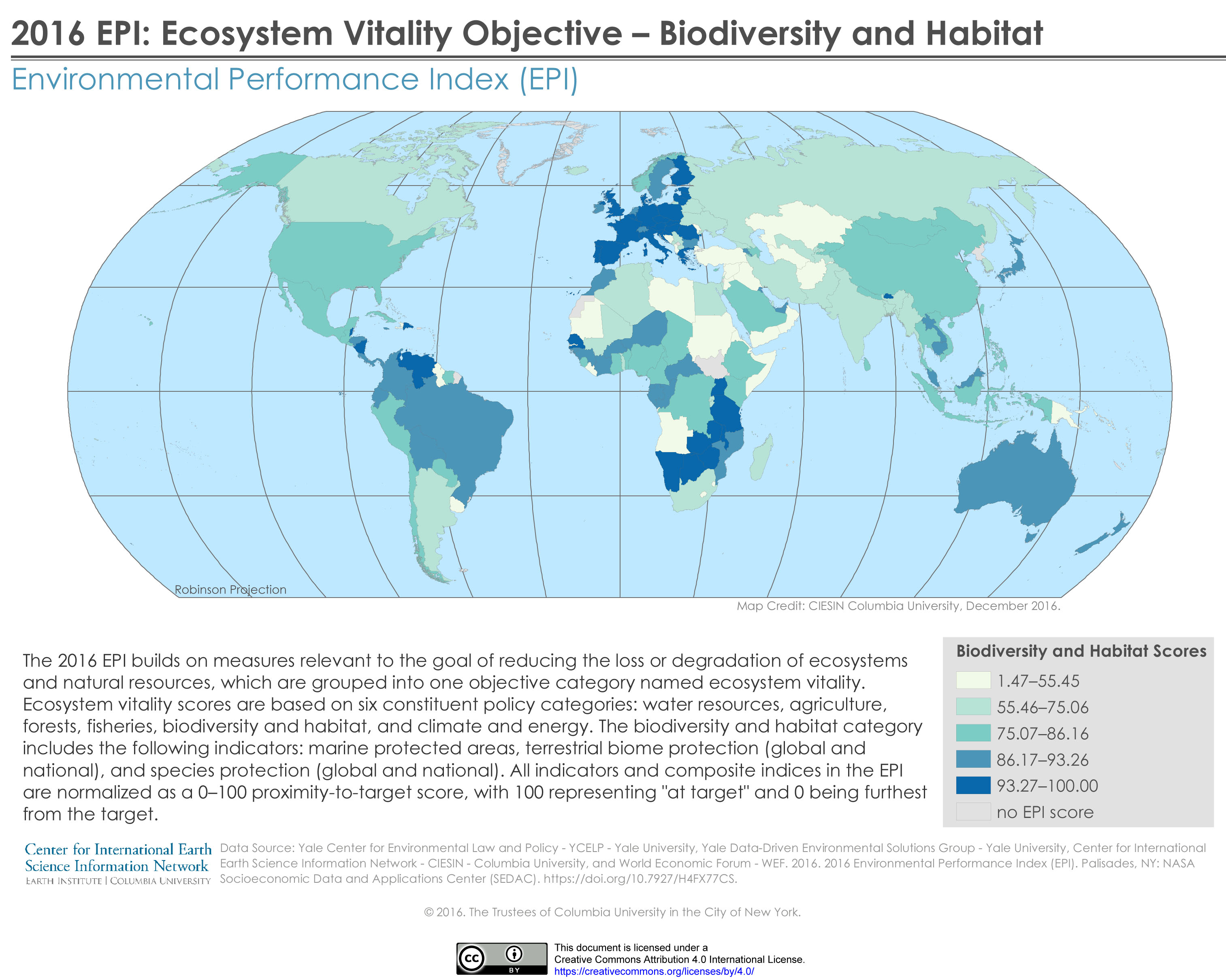Step into a world where lush greenery dances to the rhythm of nature’s symphony, and tiny creatures play their vital roles in a delicate balance of life. Welcome to the enchanting realm of garden ecosystems, where biodiversity reigns supreme. In this harmonious haven, every leaf is a masterpiece, every flower a testament to resilience, and every living creature a guardian of the Earth’s most precious treasures. As we venture into this remarkable realm, let us unravel the profound significance of garden ecosystems and celebrate the symphony of life that unfolds within their embrace. Join us on a journey that will deepen your appreciation for the intricate web of biodiversity that sustains both our gardens and the planet itself.

1. Nurturing Diverse Garden Ecosystems: A Haven for Beneficial Insects, Birds, and Pollinators

Creating a diverse garden ecosystem not only enhances the beauty of your outdoor space but also provides a haven for a variety of beneficial creatures. By incorporating the following practices, you can attract and support an array of insects, birds, and pollinators:
- Plant a diverse selection of native flowers, shrubs, and trees to provide a range of food sources and habitats.
- Use organic pest control methods to maintain a healthy balance and avoid harmful chemicals.
- Provide nesting sites and water sources, such as birdhouses, ponds, or birdbaths.
- Encourage pollinators by planting flowering plants with different bloom times.
- Create sheltered areas with rocks, logs, or native grasses for insects and small animals.
With your efforts, your garden will become a thriving ecosystem where beneficial insects, birds, and pollinators can flourish, contributing to the overall health and biodiversity of your surroundings.
2. Cultivating Biodiversity in the Garden: Strategies for Maximizing Plant Varieties and Welcoming Indigenous Species

Strategies for Maximizing Plant Varieties:
- Embrace companion planting to create mutually beneficial relationships between different plant species
- Grow plants with varying heights, colors, and textures to add visual interest and create microhabitats
- Utilize vertical gardening techniques to make the most of your space and increase diversity
- Rotate crops annually to prevent soil depletion and promote healthy plant growth
- Experiment with heirloom and heritage varieties to preserve genetic diversity
Welcoming Indigenous Species:
- Research the native plants of your region and incorporate them into your garden
- Create habitats like ponds or rockeries to attract local wildlife and support their populations
- Provide native plants with suitable conditions, such as proper sun exposure and soil type
- Reduce pesticide use to encourage the presence of beneficial insects and pollinators
- Consider joining local conservation initiatives to learn more about indigenous species in your area
The Way Forward about The Importance of Garden Ecosystems and Biodiversity.
In this ever-evolving world of concrete jungles and towering structures, it is important to not lose sight of the beauty and importance of natural ecosystems. Garden ecosystems, with their vibrant arrays of flora and fauna, serve as mini paradises in our own backyards. The biodiversity cradled within these green havens are not only aesthetically pleasing but also provide numerous benefits to our environment and our lives.
As we have explored in this article, garden ecosystems foster a delicate balance of species that work harmoniously together. From the pollination of flowering plants to the predation of harmful pests, each organism plays a vital role in maintaining the health and productivity of the garden. The interconnectedness of these diverse species creates a resilient and sustainable system that can withstand external pressures.
Moreover, garden ecosystems serve as havens for endangered and threatened species, offering them a safe refuge to thrive and propagate. By creating a diverse and suitable environment, we can help protect and increase the populations of these precious creatures, ensuring their survival for generations to come. Additionally, garden ecosystems also act as stepping stones and corridors for wildlife, allowing them to navigate through urban landscapes and maintain their own biodiversity.
Beyond the ecological benefits, garden ecosystems have a profound impact on our well-being as well. The tranquility and serenity of a well-maintained garden provide a sanctuary for stress relief and mental rejuvenation. Whether it is the beautiful colors of blooming flowers or the gentle chirping of birds, spending time in such an environment can restore our spirits and bring us closer to nature.
As we conclude our exploration of the importance of garden ecosystems and biodiversity, let us remember that each decision we make in our own gardens has a ripple effect on the greater ecological balance. Whether it is selecting native plants, providing safe havens for wildlife, or practicing sustainable gardening techniques, our actions can contribute towards the preservation and enhancement of biodiversity.
So, let us embrace the splendor of garden ecosystems, nurture the biodiversity within them, and create spaces where nature can flourish. Together, we can make a difference in our own small patches of Earth and inspire others to do the same.
